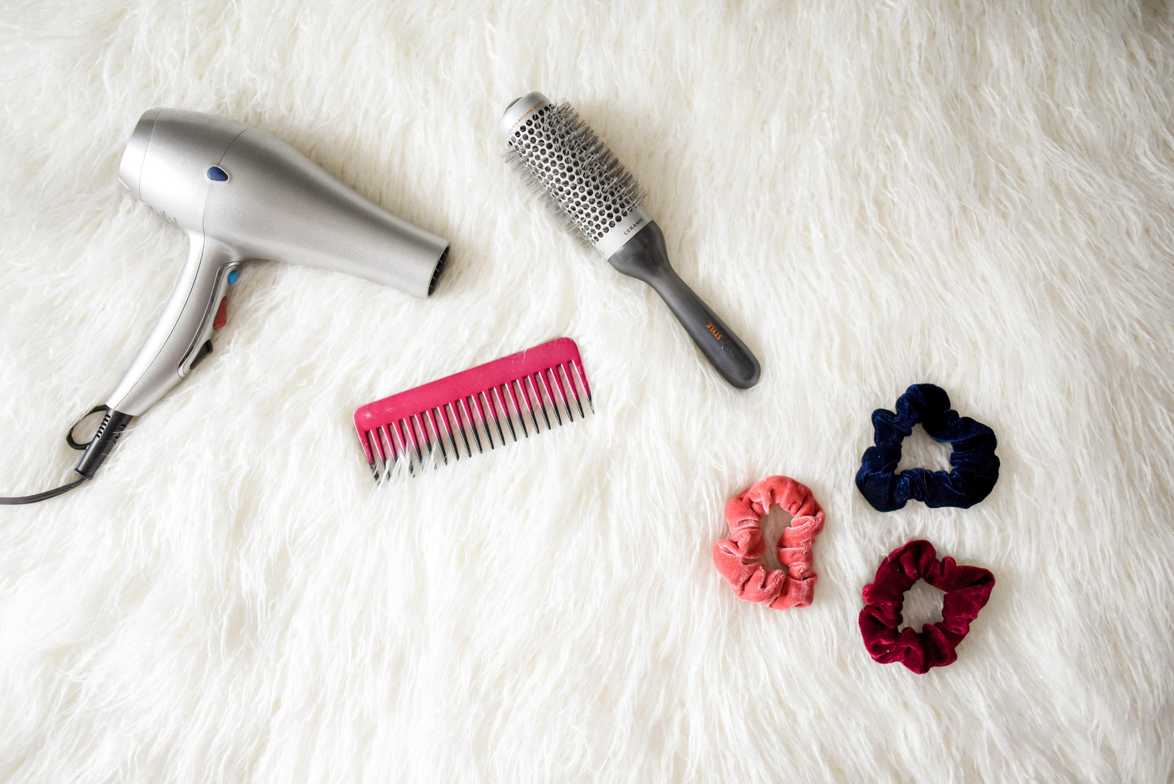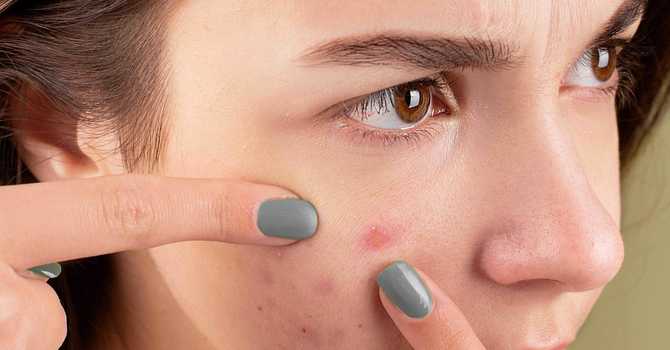
Naturopathic Approach to Hair Loss: Holistic Solutions for Healthy Hair
Introduction
Hair loss is a common concern that affects millions of people worldwide. While there are various factors that contribute to hair loss, including genetics, age, and medical conditions, naturopathic medicine offers a holistic approach to addressing this issue. Naturopathy focuses on treating the underlying causes of hair loss, such as hormonal imbalances, nutrient deficiencies, and stress, rather than merely treating the symptoms. In this article, we will delve into the natural remedies, treatments, and strategies naturopaths employs to promote healthy hair growth.
Understanding the Causes of Hair Loss
Before exploring naturopathic solutions, it is crucial to understand the underlying causes of hair loss. Hormonal imbalances, such as an overabundance of dihydrotestosterone (DHT), can contribute to hair loss. Nutrient deficiencies, particularly in vitamins, minerals, and amino acids essential for hair health, can also play a significant role. Additionally, chronic stress, poor scalp circulation, and inflammation can impact hair growth and lead to hair loss.
Holistic Solutions for Healthy Hair
- Diet and Nutrition: A balanced and nutrient-rich diet is vital for healthy hair growth. Naturopaths emphasize the consumption of foods rich in vitamins A, C, E, B-complex, zinc, iron, and biotin. These nutrients can be found in leafy greens, fruits, nuts, seeds, lean proteins, and whole grains. Naturopaths may also recommend supplements to ensure adequate nutrient intake.
- Herbal Remedies: Naturopaths often incorporate herbal remedies into their treatment plans for hair loss. Saw palmetto, pygeum, and nettle root are known to inhibit the conversion of testosterone to DHT, reducing hair loss. Additionally, horsetail, rosemary, and lavender essential oils can improve scalp circulation and promote hair growth when applied topically.
- Stress Management: Chronic stress can disrupt hormonal balance and contribute to hair loss. Naturopaths advocate for stress management techniques such as meditation, deep breathing exercises, yoga, and regular physical activity. These practices help reduce stress levels and promote overall well-being, benefiting hair health.
- Scalp Massage and Acupuncture: Stimulating the scalp through gentle massage or acupuncture can improve blood circulation to the hair follicles, promoting growth. Naturopaths may recommend these techniques to enhance nutrient delivery and oxygenation to the scalp.
- Lifestyle Modifications: Naturopaths encourage individuals experiencing hair loss to make lifestyle modifications to support healthy hair growth. This includes avoiding excessive heat styling, chemical treatments, and tight hairstyles that can damage the hair follicles. They also advise using natural, gentle hair care products free from harsh chemicals.
Research and Evidence
While scientific research on naturopathic approaches to hair loss is limited, some studies have shown promising results. For example, a study published in the Journal of Alternative and Complementary Medicine found that a combination of herbal extracts, including saw palmetto, nettle root, and rosemary, improved hair growth in individuals with androgenetic alopecia. Another study published in the Archives of Dermatological Research demonstrated that scalp massage increased hair thickness in individuals with hair loss.
Conclusion
The naturopathic approach to hair loss focuses on addressing the underlying causes of hair loss rather than treating the symptoms alone. By adopting a holistic perspective and incorporating diet, herbal remedies, stress management techniques, scalp stimulation, and lifestyle modifications, individuals can support healthy hair growth. While more research is needed to establish the effectiveness of these approaches, naturopathy provides valuable insights and practical tips for those seeking a natural and holistic approach to hair loss. Always consult with a qualified naturopathic practitioner before making any significant changes to your hair care routine or treatment plan.
Dr. Mariem Idrissi
Contact Me



